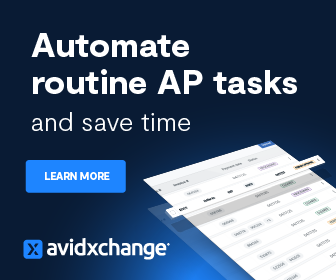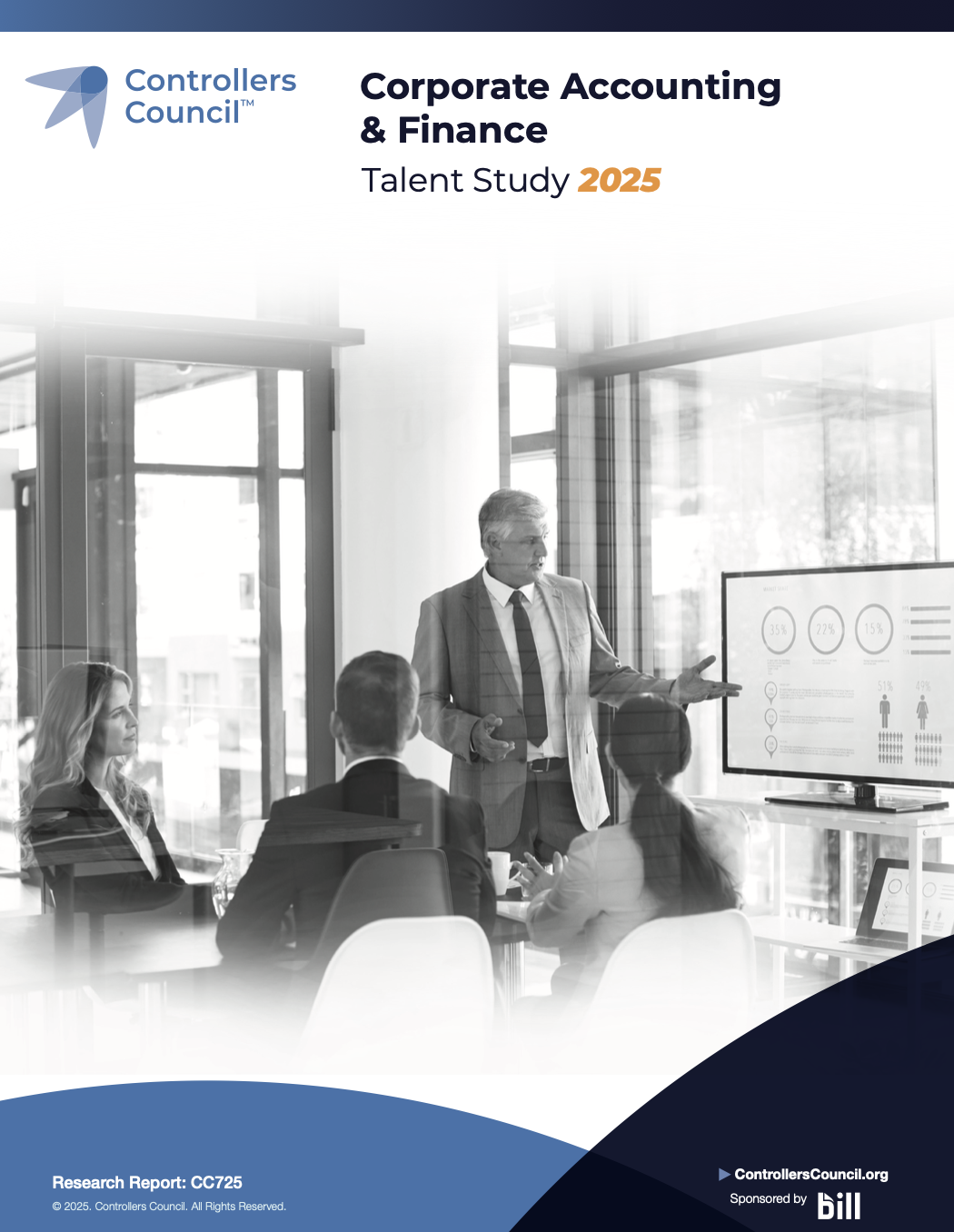The unexpected challenges businesses have faced throughout the COVID-19 pandemic are numerous. Yet while the ripple effect of this crisis continues to spread deeper into our work and daily lives, one of the biggest challenges brought on by the pandemic is the ongoing “Great Resignation.” Employees are voluntarily leaving their jobs with the confidence that in one way or another, there’s something better for them somewhere else.
 Sometimes it takes a crisis in order for radical transformations to manifest. We saw throughout the pandemic how businesses that were initially slow to adopt digital transformation strategies were essentially forced to act quickly and transition to a digital work environment. Now, as employees are increasingly leaving jobs that lack meaningful work, there is an urgent need to address the talent crisis at hand.
Sometimes it takes a crisis in order for radical transformations to manifest. We saw throughout the pandemic how businesses that were initially slow to adopt digital transformation strategies were essentially forced to act quickly and transition to a digital work environment. Now, as employees are increasingly leaving jobs that lack meaningful work, there is an urgent need to address the talent crisis at hand.
Only 23% of organizations are spending more time providing insights vs. managing data
The challenge of engaging and retaining talent is not a new one, but has only been intensified by virtual work environments in which communication and collaboration is harder to maintain. In many cases, the challenge of engaging employees stems from how businesses are currently managing people’s workloads. With only 23% of organizations stating that they are spending more time providing insights than managing data[1], the work that most finance organizations are focusing on is often low value, manual and tedious. This is not the kind of work that drives motivation and engagement.
For finance and accounting (F&A) teams, much time is spent on the manual financial close process. The financial close process relies heavily on the knowledge and experience of your people to ensure its integrity. However, for too long, highly skilled financial professionals have been equipped with inadequate tools and technology to perform this job both efficiently and effectively. The result of this has been increased turnover, greater challenges with recruitment and retention, and an increased risk of material errors.
Top 3 reasons to invest in automation
Today, most organizations understand that utilizing manual approaches built around electronic spreadsheets for their financial close isn’t the most effective way to ensure employee engagement. But what does automation mean to the financial close and the people who perform and manage it, and how can organizations build the business case for investment needed to make change happen?
In a recent webinar hosted by Trintech, a leading global provider of financial close solutions, Trintech’s Omar Choucair, CFO, David Woodall, Director of Product Marketing, and Syril Mathai, VP – Strategic Sales, provided F&A leadership with three key arguments for investing in digital transformation:
- Employee and talent retention – according to a recent Deloitte survey, CFOs cited HR/talent and related issues far more frequently than any other priorities for 2022, with many planning to increase spending this year. Investing in automation is an employee retention strategy that could potentially result in less required spending on recruitment efforts and lost productivity due to churn.
- Engaged employees are better for business – even if your organization is under the impression that high turnover rates are not a problem, the quality of work is much higher and leads to increased company profitability when employees are engaged and care about their work, according to research.[2]
- Reduced risk of human error – optimizing workflows and tedious data management processes with automation is more likely to reduce risks that could occur through human error and allows time for higher-value contributions to the organization.
Trintech helps deliver real change by re-prioritizing the work that businesses ask of their people and providing them the tools they need to be able to focus on analysis and value creation, rather than data management and manual work. By automating repetitive work and providing visibility into areas of risk throughout the financial close, individuals become empowered, teams can collaborate, and knowledge is underpinned within the organization should people decide to move.
To learn more about how Controllers, CAOs and CFOs can empower their F&A teams by investing in technology solutions that improve workflows, click here.
[1] SSON Industry Reports – How to Ace the Financial Close
[2] https://www.zenefits.com/workest/employee-turnover-infographic/




